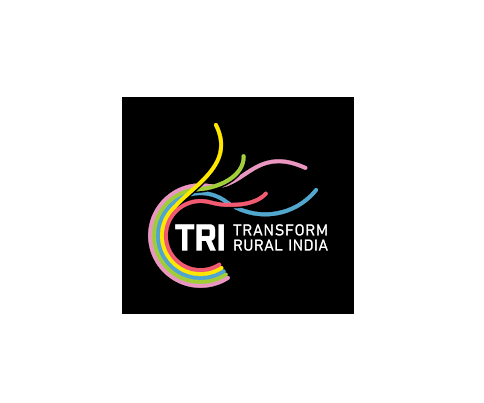Transforming Rural India Foundation to host 2nd edition of Indian Rural Colloquy…

New Delhi, August 1st, 2022: Transforming Rural India Foundation (TRIF), an organisation deeply focused on challenges faced by the marginalised communities of 10,000 villages of India, is all set to host the second edition of Indian Rural Colloquy (IRC) from August 1st, 2022.
The eight-day-long conference, which culminates with an offline event at India Habitat Centre on August 8, will have more than 13 sessions covering a range of subjects including the importance of education, healthcare, nutrition, and governance for the under-served sections of the country. Eminent thought leaders including Mr Sam Pitroda, Mr Neelesh Misra, Mr M Hari Menon, Ms Bharti Gupta Ramola, Ms Alice Gugelev, Mr Andrew D Goodland, and Mr Swapnil
Shekhar, among others, will serve as panelists during different sessions.
The Indian Rural Colloquy aims to create a space of discovery, exploration, and engagement for the fraternity actively involved in rural uplifting and growth in the country. Through topical seminars attended by leading development practitioners, policymakers, development administrators, and philanthropists, the Colloquy seeks to address issues that matter to rural communities. It will trigger and lead conversations that are critical to understanding and shaping the ever- changing yet diverse socio-economic fabric of rural society. The India Rural Colloquy week also commemorates the 80th anniversary of the Quit India Movement, the largest societal mobilization that took place in pursuit of dignity and freedom in the country, unequivocally laying the foundations of India’s Independence.
“India will remain overwhelmingly rural, and ground realities in education, healthcare, and governance are unlikely to change unless urgent, concerted efforts are made. Accelerating inter-generational mobility in villages is critical to India’s growth ambitions and the creation of a just and equitable society. Challenges in rural and transition zones became most demonstrably – and even poignantly – visible in the returning migrant’s crisis. The pandemic also revealed the vulnerability of the rural economy in terms of broken agricultural supply chains and the lack of local jobs. Equally, it also revealed the existing social mechanisms of resilience within the rural society — the capacity of communities and the local economy to withstand shocks. As such, Covid-19 has laid bare existing vulnerabilities and challenges while also setting the stage for new pathways of growth and transformation. We have brought some leading development practitioners, administrators, policymakers, and philanthropists on a common platform at IRC to discuss about policies and pathways towards an equitable society with opportunities that will pave the way for a better today and tomorrow,” said Mr Anish Kumar, Co-Lead, Transforming Rural India Foundation.
The Indian Rural Colloquy will have insightful and engaging conversations on a wide array of subjects including Charting Bharat’s Tryst with Destiny – India @ 100; Design for Better World: Global Wellbeing in Post Industrial Society; New World of Data Science For Effective Public System Delivery; Future of Food Systems: Income and Employment; Big Society: Compact to Deliver Sustainable Development; Ignorance is No Bliss: Manifestation for Millennial Action;
and Nutrition Security for India: The Agriculture and Community Unlock; among others. The sessions will also see the participation of visitors who would get the opportunity to discuss with top experts and thereby make meaningful contributions of their own. Interested participants can attend the sessions by registering on the website https://www.trif.in/india-rural-colloquy/
Apart from TRIF supporting NGOs working at the grassroots, it also works with governments in designing and delivering solutions for rural India. Their goal is to make rural communities self-sufficient. They also provide skill training to the rural communities with a view to improve the latter’s output and thereafter connect them to a marketplace in the real world. The skilling of rural communities ensures that they graduate from being small farmers to Agri-prenuers, who can improve output, plan ahead and become key suppliers in the marketplace.
